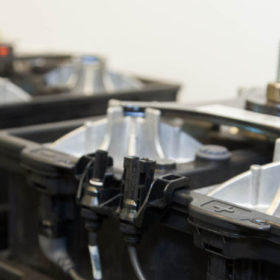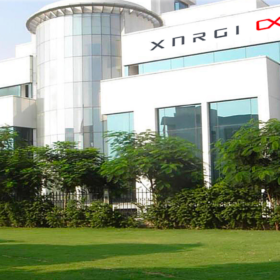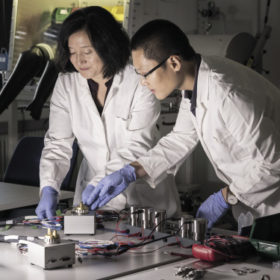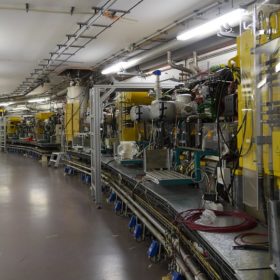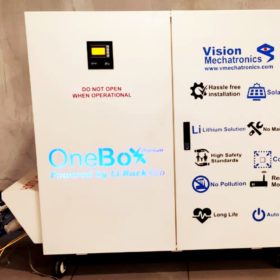The EV story in post-Covid India
The near-term outlook for electric vehicles (EVs) remains bleak owing to supply and demand headwinds coupled with the expectation of sluggish investment to scale up the support ecosystem.
India’s electric vehicle component market to grow 22% per year for a decade
The market will be driven by shared-mobility electric car deployment and will see annual growth of up to 61.7% for battery management systems.
UK based Faradion to start sodium-ion battery manufacturing in India
The sodium-ion battery technology developer has bagged its first order from ICM Australia and is looking at India as the next destination for manufacturing with the initial target set as 1 GWh.
Covid-19 impact on India’s energy storage industry
The onset of Covid-19 has brought into focus the critical importance of indigenization and localization of battery cells as a series of disruptions in the supply chain for Li-ion batteries will also affect Indian electric vehicles and stationary energy storage market.
Cheaper flow batteries with new membrane
US scientists claim to have discovered a membrane which could lead to cheaper large scale flow batteries. The material is an ion-selective, aqueous-compatible polymer with intrinsic microporosity known as AquaPIM and is said to have tunable thickness and high conductivity in aqueous electrolytes.
US based XNRGI opens lithium-ion battery factory in India
Based in Gurugram, the factory is spread over 30,000 sq.ft and can produce 240 MWh of high-temperature battery storage solutions annually. These batteries can charge to 80% capacity within two hours and operate in excess of 55ºC, which makes them suitable for hot, humid tropical climates.
The long read: Stored potential
Demand for batteries is going nowhere but up, as new factories seem to appear almost every week with promises to power electric vehicles, consumer electronics, and grid-connected storage. But the lithium-ion technology that all of these rely on is not without drawbacks, and a whole host of new storage solutions is eager to get out of the laboratory.
Speeding up energy storage with pseudocapacitors
Scientists at Germany’s Helmholtz Zentrum Berlin have made a discovery they say could greatly increase the energy storage capacity of titanium-based ‘MXene’ pseudocapacitors, ultimately leading to faster-charging batteries. The group found adding urea molecules between MXene layers increased the material’s storage capacity by up to 56%.
Indian Oil will start field-testing metal-air battery for electric vehicles soon
A range of up to 600 km is possible when Lithium-ion batteries are combined with metal-air batteries that the fossil fuel giant intends to produce in India under a partnership with Israel based startup Phinergy.
A plug-and-play solar-powered battery back-up solution for the home
The OneBox, from Indian manufacturer Vision Mechatronics, consists of a lithium battery, hybrid inverter and solar charge controller to give a hassle-free solution for electricity back-up during power outages. Solar rooftop owners are offered a grid feed feature to maximize net metering income from any excess power generated.


